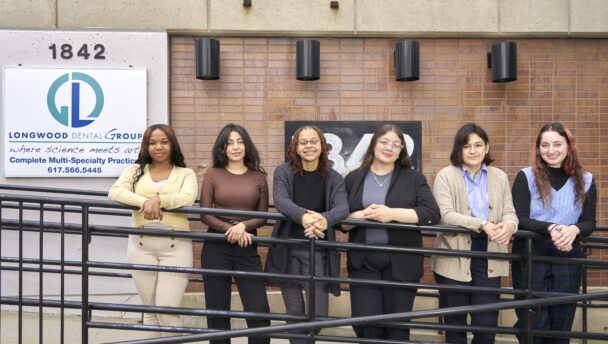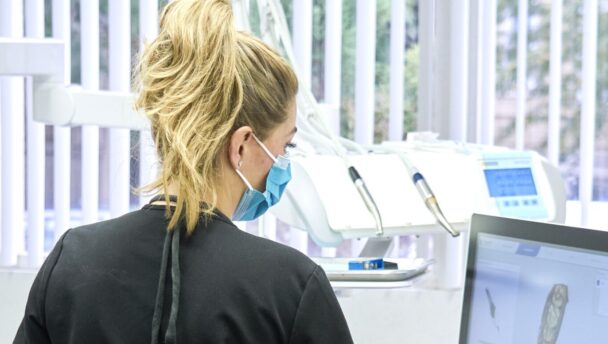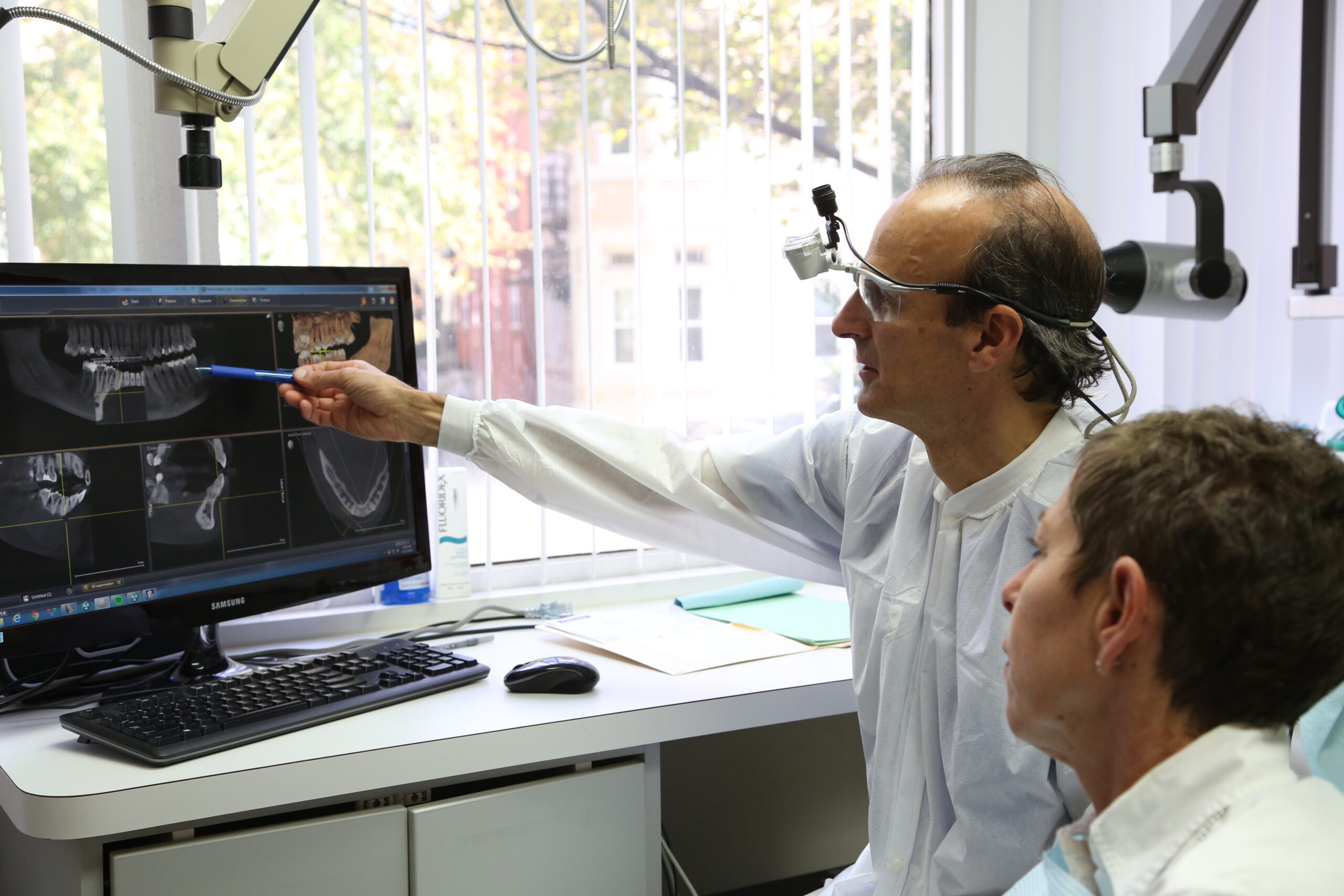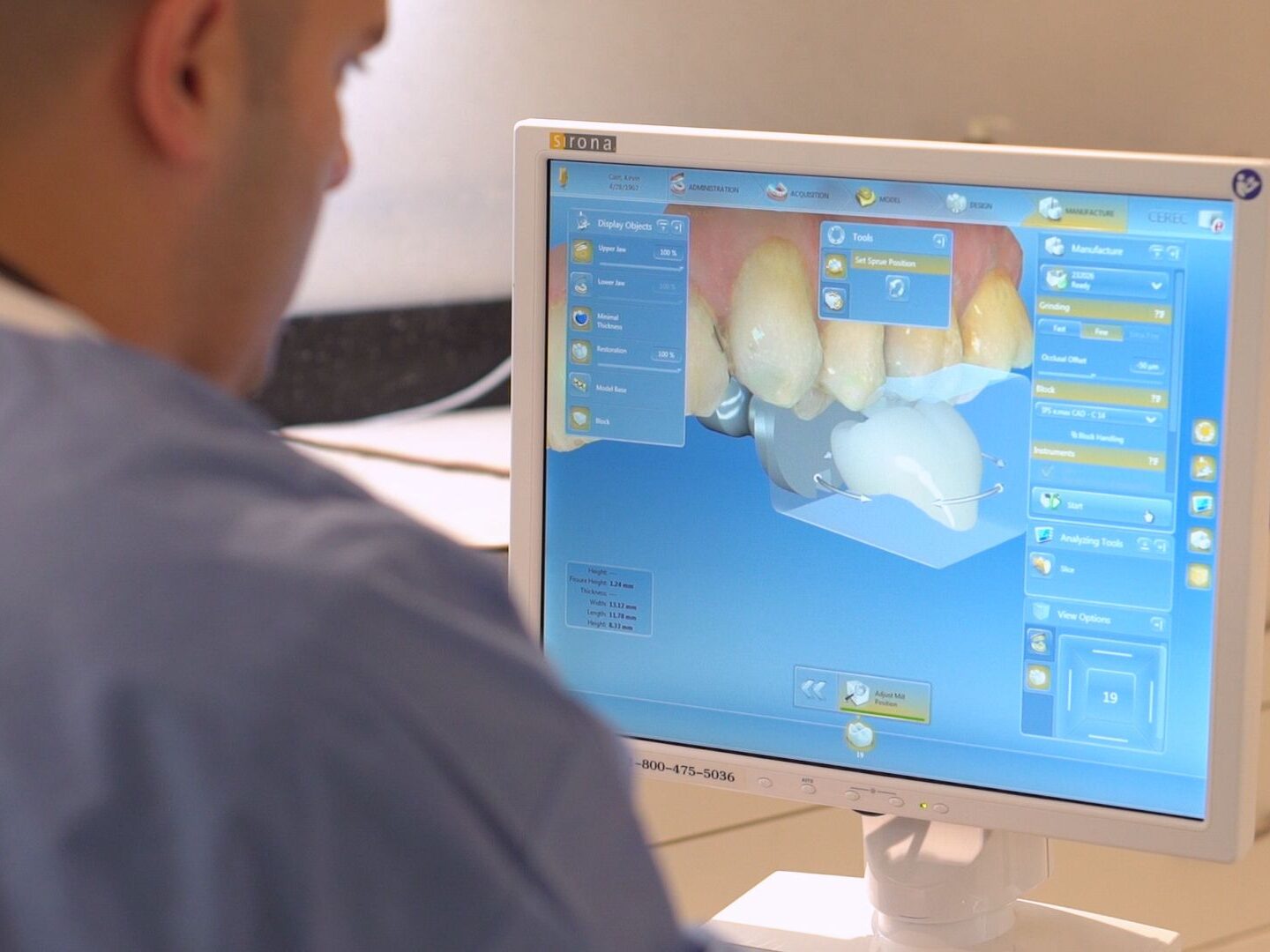ORAL CANCER SCREENINGS – LONGWOOD DENTAL GROUP
At Longwood Dental Group we offer oral cancer screenings using DentLight Fusion5-DOE, a state-of-the-art cancer screening device that can identify the first signs of oral cancer before it can even be seen with the human eye.
Our Oral Cancer Protocol is designed to:
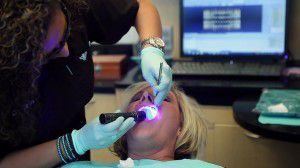

- Inform all patients about the risk factors of oral cancer.
- Identify and educate patients with higher risk for oral cancer.
- Include regular screenings with exams.
- Increase the cancer screening schedule for at-risk patients.
- Spot early signs of oral cancer while it is still easily treatable.
- Guide patients towards the necessary specialists if necessary.
The Goal is NOT to find cancer.
The Objective is to find abnormalities before they progress into cancer.
Oral cancer is a detectable, treatable form of cancer that is a real threat.
Over 48,000 people will be diagnosed with oral cancer this year alone and in the US, one person dies of oral cancer every hour, 24 hours a day and 365 days a year. This isn’t due to the cancer being difficult to detect; it’s due to discovering the cancer after it has progressed to late stages. That is why early detection is critical.
Very Early Detection is Possible
Early screening can identify the cancer because it often begins with a small, identifiable, pre-malignant lesion in the mouth, which grows slowly over 2- 8 years. At Longwood Dental mGroup we use DentLight Fusion5 florescence technology, which can detect signs of oral cancer before it can be seen or felt.
The survival rate for oral cancer is very high if detected early – up to 80%. Also, the treatment and procedures for removal are much easier and less disfiguring the earlier it is detected.
RISK FACTORS
- Tobacco use: cigarettes, cigars and pipes along with snuff and chewing tobacco.
- Alcohol use.
- A previous diagnosis for oral cancer. Those who survive the first encounter with oral cancer are 20 times more likely to develop the condition again.
- Frequent sun exposure. Sun exposure can increase one’s risk of lip cancer.

